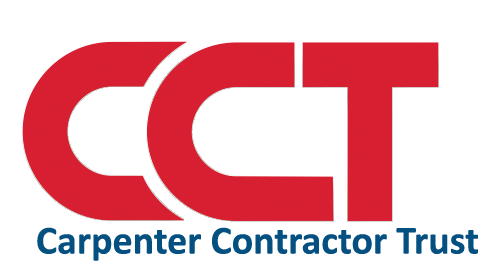By David Wildstein, December 09 2022 11:13 am
OPINION
Since the passage of the Infrastructure Investment and Jobs Act last November, nonunion contractors argue they must import foreign workers to meet anticipated demand. Instead, unions are meeting the demand by investing in their communities and developing local talent.
Nonunion contractor organizations recommend easing the burden by importing their workforce and increasing H-2B visa applications that will allow foreign workers to enter and work temporarily in the U.S. construction industry.
The visa program allows companies to enlist workers for one-time occurrence, seasonal or peak load assignments for nine months to one year. Exploitative contractors believe this is their solution to workforce development.
Serious issues regarding the H-2B visa program allow employers to exploit their workforce. Foreign workers are completely at the mercy of their employers and cannot speak up about mistreatment and dangerous work conditions without the fear of deportation. The visa program allows companies favoring this approach to skirt protective guidelines that most of us in the construction industry take for granted. It carries with it the veneer of exploitation without the recourse that American workers have for any misconduct or retaliation on the job. We believe all workers deserve dignity, and to make this a reality, the visa program is in need of serious reform.
Hiring union carpenters thwarts tax fraud committed by unscrupulous contractors who often pay sub-wages that are “off the books.” That’s why we support the Seasonal Worker Solidarity Act, which revamps the visa program by providing migrant workers with new protections and fairer wages and making genuine attempts to fill seasonal jobs from the U.S. workforce before turning to foreign workers.
In some cases, allowing foreign workers into the country might be necessary. However, in this instance, the reality is different because local unions are investing millions of dollars in preparing workers for rebuilding America’s infrastructure.
There is a more effective and reliable alternative to the visa program. We have more than 1 million union construction workers in the U.S., according to the Bureau of Labor Statistics. The size of construction unions contribution and continued investment into training and hiring local workers is a far better solution for the industry and the American taxpayer.
The carpenters union has spent millions of dollars to meet this growing demand while aggressively recruiting a future workforce from within communities. Union contractors are utilizing programs such as the Carpenters Apprenticeship Ready Program, Career Connections and apprenticeship training are pathways designed to meet this construction boom. Because of their design, curriculum and access to our local workforce, they offer a direct channel to job opportunities, skilled training, and a permanent career as professionals in the construction industry.
There are also the issues of training and timing. How does one know the extent that these foreign workers are trained? While constructing our bridges and buildings, taxpayers need to trust that the workforce is highly trained. Union carpenters spend four years as apprentices adhering to a rigid and time-tested curriculum in class and field experience. Their skills have repeatedly met the highest standards. By investing in local workforce development, the building trades are meeting the industry demand by recruiting from local communities. Through this approach, the building trades can ensure that diversity, equity and inclusion are part of the hiring process.
There is also the timing issue. It takes upwards of eight months to file and receive approval for an H-2B visa. Tell that to a developer or project owner who must sit on the sidelines waiting for a project to start. The only profit generated will be for the companies’ immigration lawyers hired to process the visa applications. Let’s not forget the obvious. That eight-month waiting time is almost the same as an academic year for the union carpenter apprentice already working on the job and providing a skilled service.
We should also not dismiss the positive economic impact when hiring local workers. Carpenters tend to live and work in their communities, which translates into significant local economic growth. They don’t just work in the community; they are an ingrained part of it, and that’s where they spend their dollars.
The H-2B program, as it stands, allows the employer to hold far too much control over workers’ lives. We believe there is room for H-2B workers. However, currently, the construction industry needs to invest in local communities instead of immigration attorneys.
Cyndie Williams is the executive director of the Carpenter Contractor Trust.
